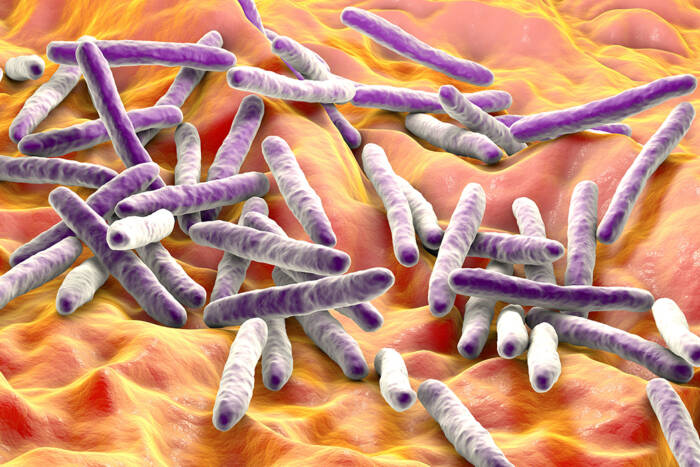Meghan Alida Kirksey
B.S., University of Maryland, Baltimore County
Exploring Counterimmune Mechanisms of Mycobacterium tuberculosis
presented by George A.M. Cross (on behalf of John D. McKinney)
Meghan Kirksey came to Rockefeller University from Simon’s Rock College of Bard, where she was enrolled at the age of 16 in an early entry program for gifted young scholars, and the University of Maryland. As a college student she was the recipient of scholarships from the U*STAR and Meyerhoff Scholarship programs and she graduated Phi Beta Kappa. Meghan matriculated in the Tri-Institutional M.D.-Ph.D. Program in 1999 with two goals in mind: to obtain a first-rate education and training in science and medicine, and to apply her formidable talents to addressing global inequalities in human health.
Meghan’s thesis research in my lab, where she was supported by a fellowship from the American Society for Microbiology, was focused on elucidating the mechanisms deployed by Mycobacterium tuberculosis to counter the impact of the host immune response and establish a persistent, lifelong infection. Her decision to focus her thesis research on tuberculosis, a disease that is closely associated with poverty, is a reflection of her personal conviction that science can be a powerful driver of human development. In her own words, “I was interested in science as a means of understanding and potentially treating and curing disease, an endeavor that would ideally serve humanity.” That commitment is evident in the unusual path she has blazed for herself — with the quiet determination, independence and originality that are Meghan’s calling cards — after completing her Ph.D. studies last summer. Under the auspices of the Weill Cornell International Elective program and a fellowship from the Fulbright Program, Meghan has spent the last six months in Brazil working in the laboratory of Edgar Carvalho, a Howard Hughes Medical Institute clinician-scientist, in Salvador, Bahia. In Dr. Carvalho’s lab she has been studying urological manifestations of HTLV-1 infection and pathogenesis of leishmania infection in pregnant women, an experience that has sparked her interest in a possible future career in urology.
As far back as she can remember, Meghan aspired to earn a Ph.D. and pursue a career focused on lab research, and she regarded the M.D. degree mainly as a vehicle to provide context to her research. However, through her recent clinical experience she has found that the illumination provided by science has made medicine more interesting to her, and her career goals have shifted toward a genuine dual-track career in science (in the lab) and medicine (in the clinic). She tells me that she is even considering a career path with a surgical component, which represents a radical shift in her predilections and aspirations — attributable, perhaps, to the many long hours she spent slicing and dicing TB-infected mice in the Biosafety Level 3 Lab. That experience might have had the opposite effect on most young scientists, but Meghan is nothing if not a true original! It has been a pleasure and a privilege to work with such a promising young physician-scientist, a person who is equally passionate about her science and about the pursuit of a scientific career as a means of serving humanity and advancing social justice. In her choices, her actions, her ideals and her aspirations, Meghan exemplifies the original credo of The Rockefeller University: to pursue science for the benefit of humankind.



